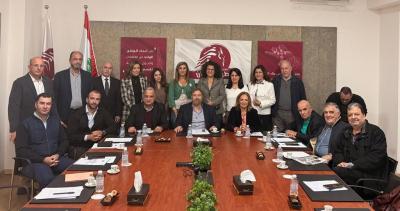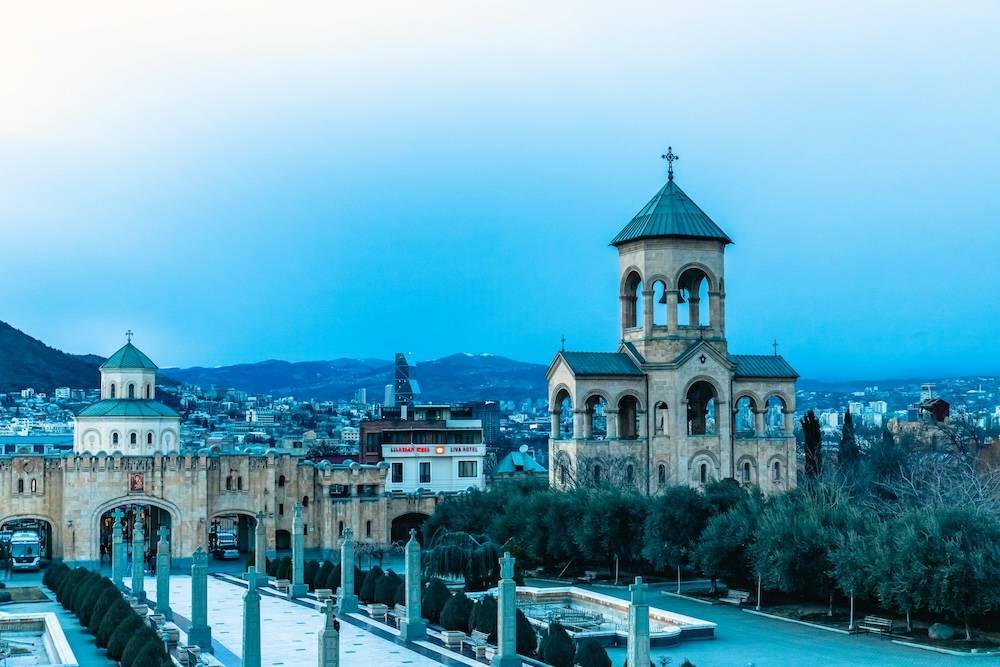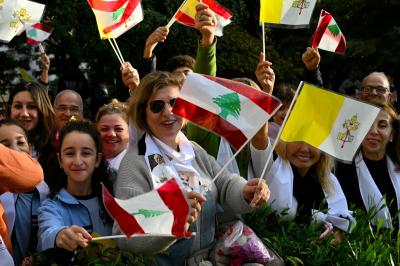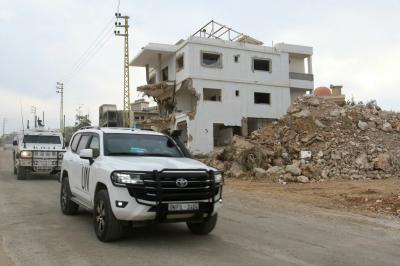The only common ground that remains between Georgia and Moldova is their past as Soviet republics until the early 1990s. This shared history continues to be a source of debate and polarization, both within these countries and internationally. In both nations, some people still feel an emotional attachment to Russia and support its policies, while others seek to sever ties with Moscow and align themselves firmly with the West.
On October 26, Georgia held parliamentary elections, won by the ruling party, Georgian Dream, which is seen as pro-Russian. However, the pro-Western opposition contested the results and organized protests demanding that the government, led by Irakli Kobakhidze, annul the elections.
Conversely, on November 3, Moldova held a presidential election that resulted in the re-election of Maia Sandu, a leader firmly aligned with the West. Her victory was welcomed and praised in Europe and the United States. However, the Socialist Party, whose pro-Russian candidate is Alexander Stoianoglo, questioned the "legitimacy" of Sandu's victory.
Why is the Russia-West rivalry so intense in Georgia and Moldova?
The Russia-Ukraine war, which began on February 24, 2022, has undoubtedly heightened this struggle for influence. For instance, Georgia was invited to join NATO during the 2008 Bucharest summit, alongside Ukraine. That same year, a brief conflict broke out between Russia and Georgia when Georgia attempted to regain control of the separatist region of South Ossetia by force. Russian forces intervened, pushing back Georgian troops, and the region subsequently declared unilateral independence.
Relations between Russia and Georgia remained tense under the pro-Western presidency of Mikheil Saakashvili until Giorgi Margvelashvili, affiliated with the Georgian Dream party, assumed office in 2013 and initiated a normalization phase with Moscow. He was followed by Salome Zourabichvili, also from the same party, who initially maintained good relations with Russia but later turned against it by supporting Ukraine following the Russian invasion. However, Georgian Prime Minister Irakli Kobakhidze, who holds real power, chose neutrality and refused to join Western sanctions against Moscow.
Following the recent parliamentary elections, Zourabichvili accused the ruling party of electoral fraud and supported the opposition's calls for protests. This political crisis is reminiscent of the situation in Venezuela, where the Western-backed opposition refused to recognize the elections won by Nicolás Maduro, receiving strong support from the United States and Europe.
Kobakhidze claims that his government continues to strengthen ties with the European Union while avoiding direct opposition to Russia, a strategy viewed unfavorably in the West.
In Moldova, Maia Sandu has leaned decisively toward the West in response to the Russia-Ukraine war. However, electoral results reveal a deeply divided society: Sandu secured 55.33% of the vote, compared to 44.67% for Stoianoglo. During a referendum on October 20, a narrow majority supported EU membership, making it a constitutional goal.
With a population of around 2.5 million, Moldova, one of Europe’s poorest countries, remains polarized between expatriates and residents of the capital Chișinău, who largely favor EU membership, and rural regions, as well as the partially autonomous areas of Transnistria and Gagauzia, which are pro-Russian.
Not everything has gone as planned for Sandu, who accuses Russia of targeting Moldova as its next objective after Ukraine. However, many Moldovans feel their living standards have not truly improved, and corruption persists during her tenure, with Russia not perceived as the sole source of their problems.
Next year, Sandu faces a formidable challenge: the possibility that pro-Western parties may fail to form a parliament committed to European integration and a definitive break with Moscow. The pressing question is whether a deeply divided country can afford to fully engage in the confrontation between Russia and the West. History suggests that smaller states often emerge weakened from such struggles.
Please post your comments on:
[email protected]
 Politics
Politics














